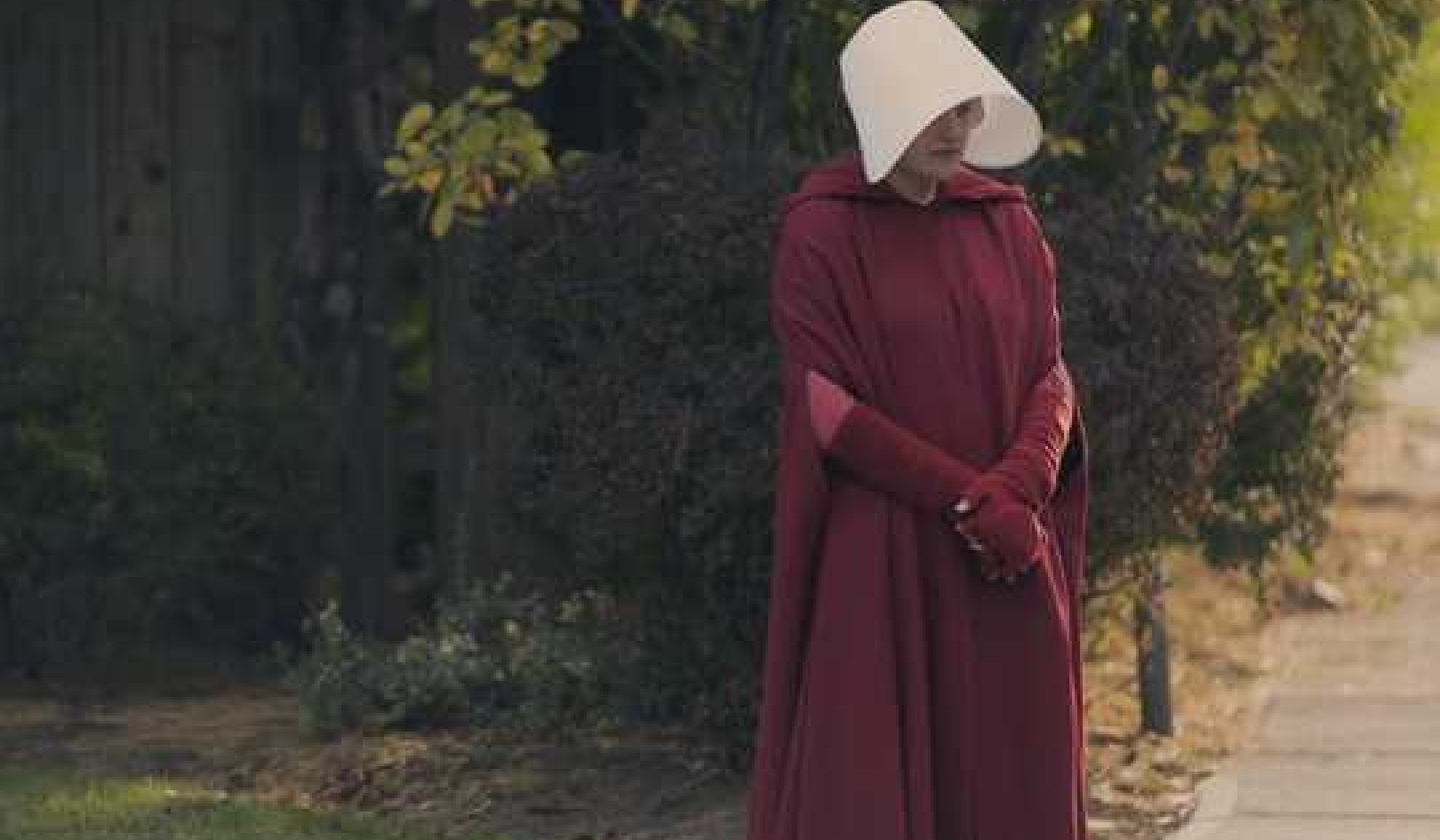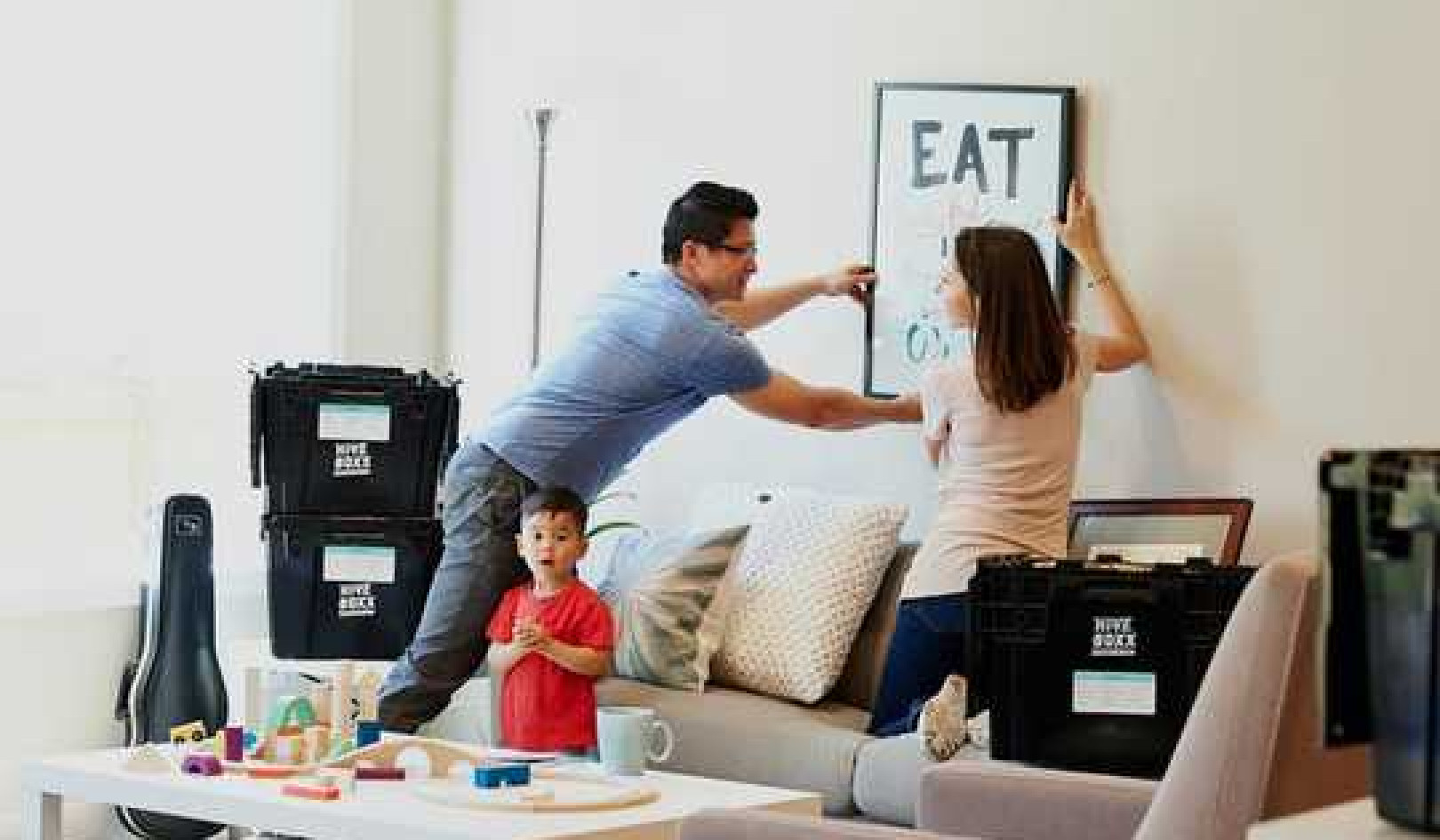
People are in such a rush these days, living on the fast track. Talking fast, eating fast, moving fast. What a difference from sixty years ago. Did you know you'll probably do more in this year with appointments, people to meet, places to go than your grandparents did their entire lives?
Given our current pace, we barely have time to relax and cultivate relationships with our spouses and children, friends and nature, much less with God. Is it any wonder that stress-related diseases have been on the rise?
Being calm brings clarity,
richness and divinity to your life.
We are under pressure to keep busy even in our leisure hours. Computers have sped up our lives. We want to do everything, and we want to do it all at once. We talk on the telephone while we drive, watch television while we read, conduct business while we listen to the radio. I see this as a sickness of epidemic proportions — a "busyness" or "hurry" sickness. If you understand the speed of life, you slow it down by enjoying it more.
Do You Have "Hurry" Sickness?
In "It's All In Your Head: Lifestyle Management Strategies for Busy People!" Bruce Baldwin describes some of the signs of "hurry" sickness. See if you can identify with any of these:
- Driving Pattern — you routinely drive fast and run yellow lights, you jockey for position and constantly change lanes and you're impatient with other drivers.
- Eating Habits — you eat in a rush, often while on the go.
- Communication Style — you talk fast, have problems communicating how you feel and rarely find the time to give emotional support to your family and friends.
- Family Involvement — you are not home much and when you are, you're tired and tend to withdraw, or you sit in front of the TV.
- Leisure Activities — your hurried life is so full of undone chores and responsibilities that relaxing has become even more difficult, if not impossible; vacations are rare; when you're not doing something productive, you experience anxiety and guilt.
Does this describe your lifestyle? Everyone knows Aesop's fable of the tortoise and the hare. The tortoise eventually wins the race by taking a slower and steadier pace than the hare. Which track should we choose? We all want to find a way of living that allows us to emerge as winners. The trick is to enjoy the process along the way.
Why Do We Feel the Need to Rush?
What causes our need to rush? Often the cause is economic — we must make more money to pay for our chosen lifestyles. Sometimes the cause is simply having way too much to do or feeling that something is wrong if we aren't busy. But beyond these reasons is something deeper — a lifestyle that leaves certain basic needs unfulfilled. By crowding our schedules with more — more socializing, more eating, more work, more activity, more appointments — we are trying to fill the emptiness we feel within.
When you direct your attention and energies outward, you lose sense of the wonder, beauty and magnificence within you, from which true happiness, joy and peace originate. By beginning to slow down and to redirect your energies inward, you can train your brain to relax and you can ultimately change your life.
Why Relax?
One of the world's leading experts on the brain is Herbert Benson, M.D., author of "The Relaxation Response " and "Your Maximum Mind". He developed relaxation techniques that have improved the lives of countless people. What Benson calls the relaxation response is the body's ability to enter into a scientifically definable state characterized by an overall reduction of the metabolic rate, lowered blood pressure, decreased rate of breathing, slower brain waves and a lowered heart rate.
According to Benson, this state of relaxation also acts as a door to a renewed mind and changed life, a feeling of wholeness and, often, expanded awareness. Physiological changes occur when you are relaxed; there is harmonizing or increased communication between the two sides of the brain, resulting in feelings variously described as well-being, unboundedness, infinite connection, and peak experience.
Relaxation Tips
To reach this level of calmness, there are several things you can do. One approach is to progressively relax your body, beginning with your toes and ending with your head. For example, you might breathe slowly and deeply as you say to yourself, "My toes are relaxed, my feet are relaxed, my back is relaxed," and on and on until you've gone through your entire body. Then rest for awhile in the quiet and silence. Another way to relax is to visualize yourself feeling relaxed and peaceful. Use your imagination.
You can also listen to an audio cassette to assist you in reaching a state of relaxation. One of my favorite ways to relax instantly wherever I am is to visit my inner sanctuary. You can create a sanctuary within yourself where you can go any time just by closing your eyes and desiring to be there. Your sanctuary is your ideal place of relaxation, tranquility, beauty, safety and calmness. I visit my inner sanctuary several times a week, for just a few minutes, and I always come back more relaxed and peaceful.
Something else you can do at work or at home to relax your mind and body is to look at a picture of a beautiful landscape. Richard G. Coss, professor of psychology at the University of California, conducted two studies that measured the effect of certain photographic slides on emotional and physiological response. The first study was designed to find ways of fighting the boredom and homesickness that astronauts experience during extended stays in space stations. Researchers projected a variety of slides on the walls of a room built to simulate the space station's dining commons, then recorded how much the subjects' pupils dilated in response to certain scenes. The second study focused on hospital patients about to undergo surgery. In both groups, pictures of spacious views and glistening water lowered heart rates and produced feelings of calm.
In my home, I have a couple of posters I purchased from the Sierra Club. Whenever I look at them, I can sense a difference in how I feel. Another approach to relaxation and calmness is simply breathing. Take a few minutes and breathe slowly and deeply, really focusing on your breath. You will find that this calms and soothes you and helps you to slow down and get centered.
You might recite your favorite inspirational quote, passage or affirmation a few times, slowly and deliberately while giving it your total attention. One of my favorite affirmations is, "This day I choose to spend in perfect peace." I also use, "I am the ever-renewing, ever-unfolding radiant expression of infinite life, health, wealth, joy and wisdom, unconditional love and universal peace."
Being Relaxed Doesn't Mean You're Living in Slow Motion
When you make an effort to relax, don't feel that you must live your life in slow motion. Not at all. You can maintain activity. Your goal is to touch your inner fountain of calmness and bring that calmness to everything you do. Being calm brings clarity, richness and divinity to your life. Even in your activity, you are aware of God's presence.
Simply reading these words by Paramahansa Yogananda relaxes me. "Calmness is the living breath of God's immortality in you." I have that quote on a poster depicting a lake and mountain landscape. I often look at it before I meditate.
Speaking of meditation, I know of no more effective way of bringing about relaxation, calmness and a slower pace. The physiological changes described in "The Relaxation Response" occur during meditation. The calmness you feel during your daily practice will stay with you in everything you do. Take time to nurture and protect that calmness by meditating regularly. You'll find that your life will become more rewarding, you'll get more accomplished, you'll have more fun and you won't have to miss out on celebrating life.
MORE TIPS for Slowing Down
Get up earlier in the mornings so you have time to meditate, relax and start the day off in a calm manner. This sets the tone for the entire day.
- Simplify your life. Establish priorities. Let go of the superfluous.
- Create quiet times during the day in which you can breathe deeply, meditate, relax or simply do nothing. Just be.
- Spend time in nature at least once a week. Next to meditating, I know of no better way to slow your pace, bring calmness and peace and help you feel relaxed.
- Commit to taking time every day to cultivating calmness and offer that calmness to everyone you meet. What a wonderful gift we can give.
- Live in the presence of God
Reprinted with permission of the publisher,
Celestial Arts. ©1992. www.tenspeed.com
Article Source
Choose to Live Peacefully
by Susan Smith Jones.
 In this book, the author explores the link between inner personal peace and outer world peace by nurturing the spirit and living reflectively. This book will help you reflect and renew, spend quality time in solitude and silence, simplify and rediscover your relationship with God, and ultimately make peace your constant companion.
In this book, the author explores the link between inner personal peace and outer world peace by nurturing the spirit and living reflectively. This book will help you reflect and renew, spend quality time in solitude and silence, simplify and rediscover your relationship with God, and ultimately make peace your constant companion.
About The Author
 Susan Smith Jones, Ph.D. is the author of hundreds of magazine articles and numerous books, Choose To Live Peacefully" (also available as an audio book), Wired to Meditate (audio book), and A Fresh Start: Accelerate Fat Loss & Restore Youthful Vitality. As a wellness consultant, Susan is a frequent guest on radio and television talk shows across the country and a motivational speaker to corporate, community, and church groups. She has also been teaching fitness at UCLA for 30 years. To learn more about Susan and her work, log on to her website: www.susansmithjones.com
Susan Smith Jones, Ph.D. is the author of hundreds of magazine articles and numerous books, Choose To Live Peacefully" (also available as an audio book), Wired to Meditate (audio book), and A Fresh Start: Accelerate Fat Loss & Restore Youthful Vitality. As a wellness consultant, Susan is a frequent guest on radio and television talk shows across the country and a motivational speaker to corporate, community, and church groups. She has also been teaching fitness at UCLA for 30 years. To learn more about Susan and her work, log on to her website: www.susansmithjones.com

























